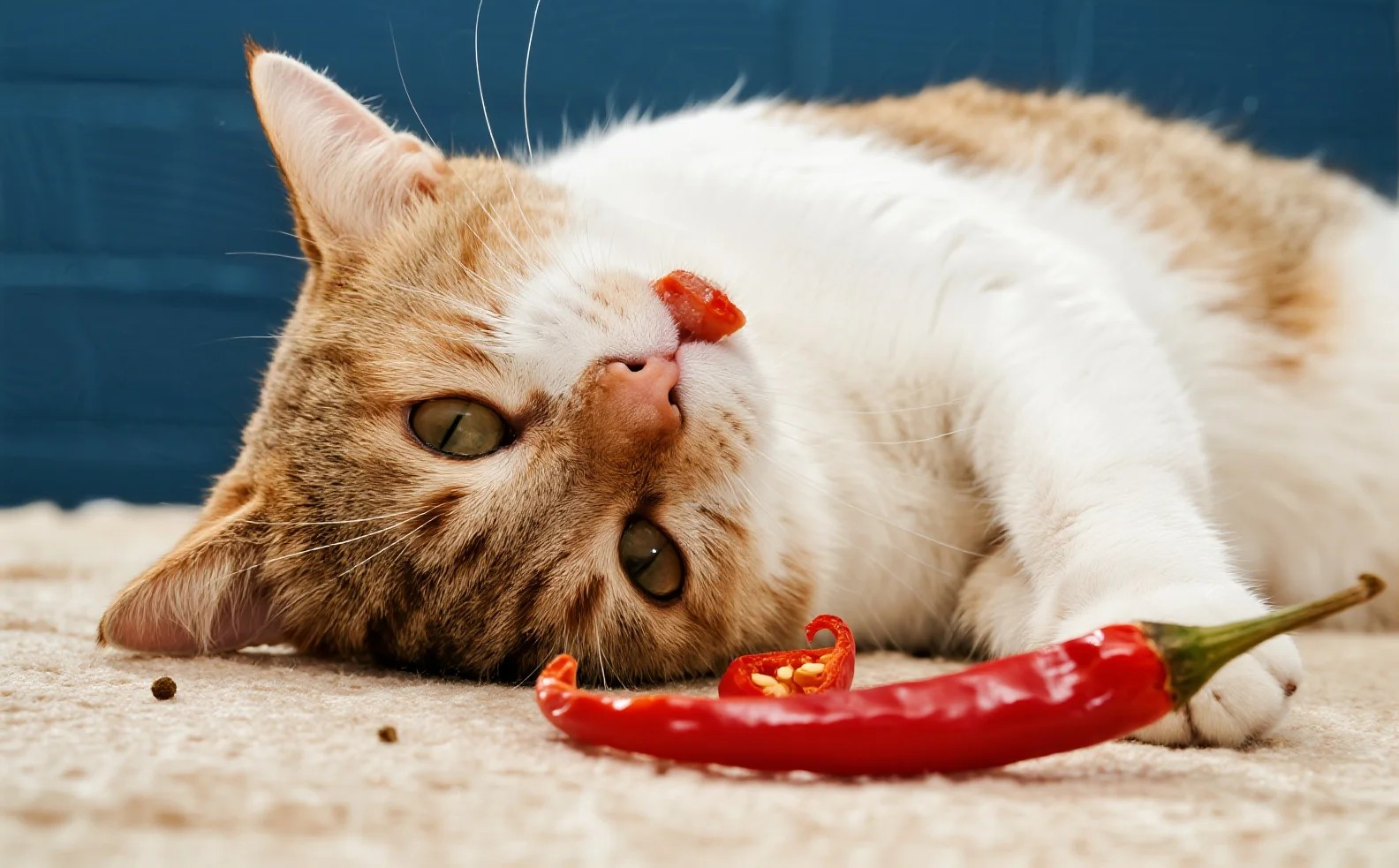When we think of spicy foods, our minds often conjure images of fiery peppers and zesty sauces. For many humans, experiencing varying levels of heat in food can be quite enjoyable. However, as cat owners, we might wonder: can our feline friends actually taste heat? The answer requires a deep dive into the world of cat physiology, their taste preferences, and how they react to pungent foods.
Understanding Cat Taste Buds
Cats, like humans, have taste buds, but their taste profile is quite different. Humans possess around 9,000 taste buds, while cats have only about 470. This significant difference leads to distinct culinary preferences. While we might enjoy the zing of spicy chili peppers, cats are more sensitive to the flavors they are naturally accustomed to.
Interestingly, cats are obligate carnivores, meaning their diet must primarily consist of meat. This dietary requirement directly influences their taste perception. They are wired to respond to amino acids found in proteins, while the receptors that detect sweetness are essentially non-functional. Therefore, spicy flavors, which typically appeal to humans seeking complex flavor profiles, are not something cats have evolved to appreciate.
Heat and Its Effects
So, can cats taste heat? The short answer is no. Cats do not have the same receptors for detecting capsaicin, the compound responsible for the heat in spicy foods. It’s important to note that the sensation of heat is more of a pain response than a taste. While humans have a robust ability to enjoy the “burn” associated with spicy foods due to our pain receptors responding to capsaicin, cats lack this ability entirely.
This means that while your pet cat may be curious about your spicy meal, they aren’t tasting it in the same way you are. Instead, they are likely responding to the aromas and the experience of the novel food in front of them. Given their restrictive dietary needs, many cats will still sniff out and investigate spicy dishes, but it’s crucial to remember that this curiosity doesn’t imply a desire to eat.
Consequences of Feeding Cats Spicy Foods
Although your cat may show interest in your spicy curry or chili, it is best to avoid sharing such foods with them. Spicy foods can lead to various health issues in cats, including gastrointestinal upset, diarrhea, and vomiting. Cats’ digestive systems are not designed to process spices and intense flavors.
Moreover, if they consume anything with onion or garlic, both of which can be found in many spicy dishes, they could face even more dire consequences, including oxidative damage to their red blood cells, which could lead to anemia. Always consult with a veterinarian if you suspect your cat has ingested something harmful.
Natural Preferences
Understanding what your cat can taste can help you make better feeding choices for them. Cats are more likely to enjoy and prefer food that contains meaty flavors or fish. Additionally, they are also sensitive to certain textures, with some preferring dry kibble while others enjoy moist, canned food.
Cats exhibit individual taste preferences much like humans do, and while they might not have a taste for the spicy, they do appreciate umami-rich foods. Just as we might seek out bold flavors, cats tend to gravitate toward savory foods that align with their natural predatory instincts.
Flavor Exploration
If you’re concerned about enriching your cat’s diet, consider using natural flavors to create a tantalizing meal for them. Introducing new proteins, such as chicken, turkey, or tuna, can be a wonderful way to vary your cat’s diet. Always ensure that any new food is introduced gradually to avoid upsetting their stomach.
Additionally, look for cat treats that incorporate pollock or salmon because these flavors are often much more appealing to cats than anything remotely spicy. Keep an eye out for special blends that emphasize protein and avoid grains that cats don’t digest efficiently.
Conclusion
In summary, while cats cannot taste heat in the way that humans do, their unique taste preferences and dietary requirements make them drawn to different flavors. Understanding the limitations of their taste senses and the potential consequences of feeding them spicy foods is essential for any cat owner.
Always prioritize your feline friend’s health by offering them safe, suitable meals that fit their natural preferences. So, the next time you dig into a spicy meal, enjoy your food while keeping your cat safely away from the heat. Remember, some flavor sensations are best left to humans!
